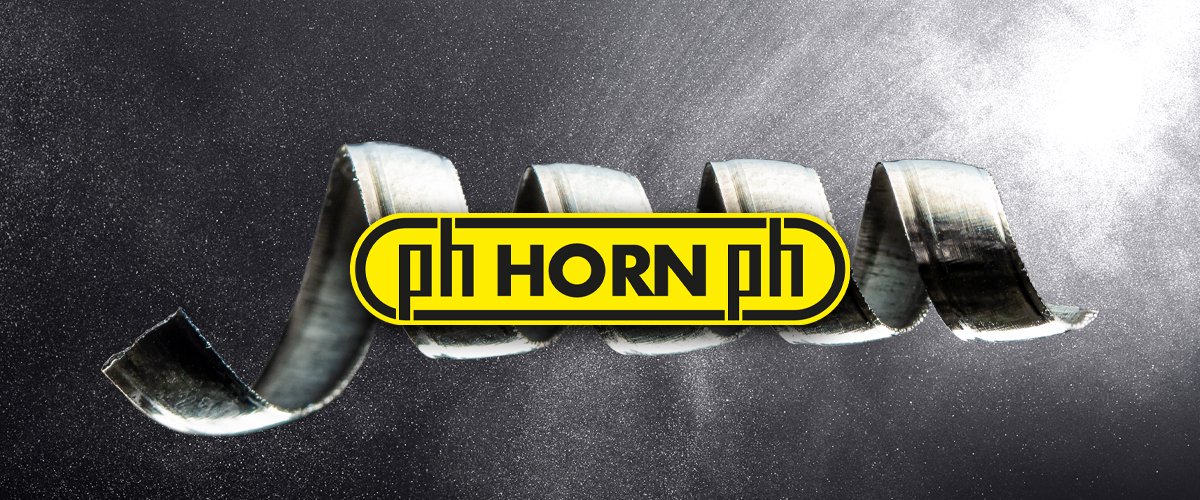Interview Steve Smith


Mr Smith. How is your market structured in Great Britain?
Important industries are, for example, aerospace, medical and automotive. But the oil sector also plays an important role. New machining processes and strategies are required in order for us to keep ahead of the global competition. Thanks to our strong field service team, we are able to optimally advise on the various issues, requirements and challenges and enter discussions to solve problems.
When you think of processes, what comes to mind first?
I think of the coordination between the precision tool, the component and the machine tool, including the control system. These factors must be carefully considered to find the optimal solution. A holistic approach is always required. Furthermore, when I think of processes, I think of gear skiving, polygon turning, broaching, 5-axis milling, polygon milling, speed forming, single-point gear milling and much more.
HORN encourages dialogue with customers. To what extent is this important with regard to
machining processes?
It is important that all necessary information is obtained from the customer. This can only be achieved through a good customer relationship and appropriate discussions. Often, aspects arise on site and in conversation that can have a decisive influence on the achievement of goals. In machining, especially when operating at the limits, dialogue is key. How does a new process come into being? First of all, there is either an idea or a requirement. This is followed by asking the user what advantage they expect. The next step is a feasibility study.
Can a process be performed just by the tool or do other requirements have to be met?
Here again we are in the ecosystem of machine – control – tool – component. The determination of profile contours in conjunction with machine movements often requires new mathematical approaches. A holistic view is essential in this phase. If all factors are assessed positively, the next step is the design, coordination and test phase before the process is finally approved.
How important are partners – for example machine manufacturers?
Partners are important in the development of a successful production process. Machine tool manufacturers play a central role. Certain processes require perfect coordination between the machine tool and the cutting tool. As a tool manufacturer, we often develop the associated cutting cycles together with the machine manufacturer.
What are the advantages of power skiving, for example?
With gear skiving, both internal and external teeth can be produced in the same machine set-up, for example when turning. If the appropriate conditions are met, cycle times can be drastically reduced compared to broaching and slotting. The fact that this is now possible on universal machines opens up new possibilities for many customers. We are able to offer the right tooling solution from module 0.2 to module 8.
Do you have a specific application example?
One of our customers relied on outsourcing its gear production for many years. The components were turned in-house and then sent to a gear machining subcontractor for internal gear cutting. Due to increased transport costs and a desire for more independence, the customer decided to use the power skiving process. As a result, it is now possible to machine the component completely in a single clamping. The customer now has direct control over the entire machining process and also benefits from shorter lead times, reduced administrative effort and lower costs.
What do you expect in the future?
Advances in machine tools continue to open up new possibilities that would have been unthinkable not so long ago. For example, direct drives to tool and workpiece spindles allow unrestricted movement. Furthermore, new methods such as additive manufacturing are increasing and we are rising to the challenge with appropriate solutions. Our further developments in micro-machining ensure that we continue to push the boundaries and strengthen our position for the future, for example in the medical and watchmaking industries.




